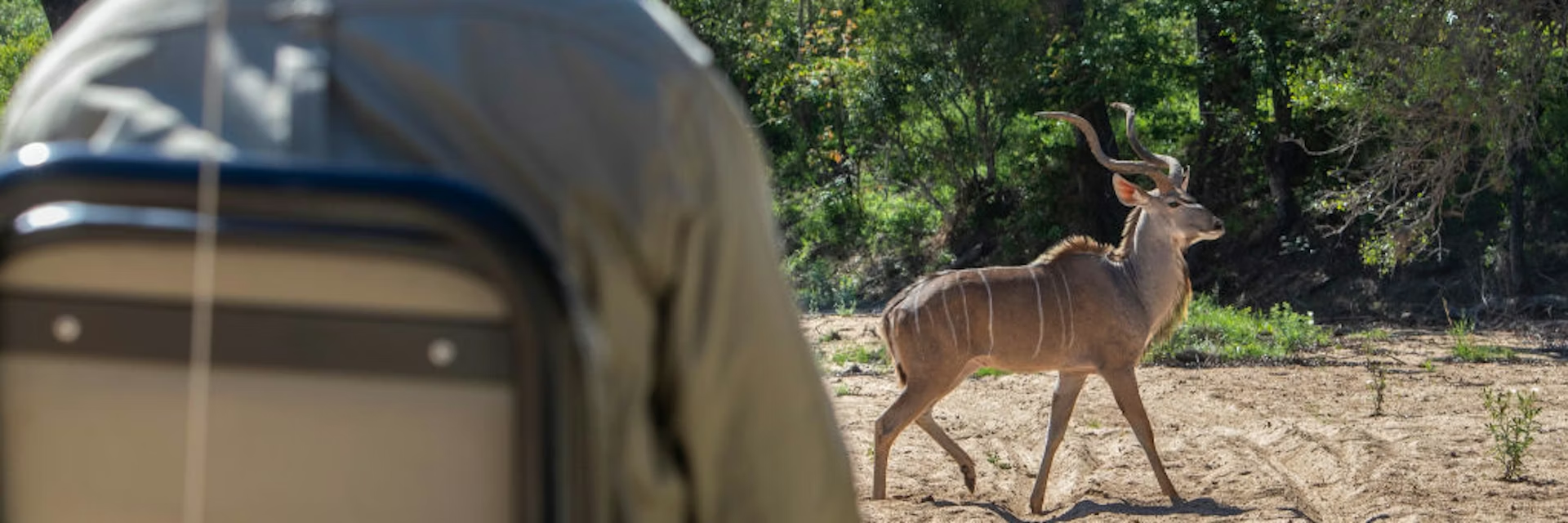Today marks International Workers’ Day in South Africa – a public holiday with deep historical roots and enduring significance. Observed annually on 1 May, the day is both a celebration of the progress made in labour rights and a sobering reminder of the long road still ahead for the country’s working class.
With the national unemployment rate sitting at a staggering 31.9% – one of the highest in the world – many South Africans are asking: What is there to celebrate if most people don’t even have jobs?
The main national rally was held today at Kees Taljaard Stadium in Middelburg, Mpumalanga, hosted by the Congress of South African Trade Unions (COSATU). Workers and unionists gathered to reflect on victories but also to highlight the ongoing socio-economic crisis that is hitting the working class the hardest.
This comes at a time when workers face immense socio-economic challenges, including soaring unemployment, job losses in key sectors such as mining, stagnant job creation, austerity cuts, and the ongoing fight for decent work. The rally, held at Kees Taljaard Stadium, featured keynote addresses by COSATU President Zingiswa Losi and ANC President Cyril Ramaphosa.
How we got here
Let’s take a step back.
Workers’ Day in South Africa is not just another day off – it’s the result of decades of struggle. Globally, Workers’ Day has been recognised since the 1800s as part of the push for fair working hours and conditions.
But here at home, the day took on an extra layer of meaning.
Before democracy, South Africa’s labour movement was deeply tied to the fight against apartheid. In 1986, more than 1.5 million workers took part in a two-day general strike called by COSATU. The country’s economy ground to a halt – and the message was clear: workers would no longer be ignored.
Following the 1994 democratic elections, Workers’ Day was officially recognised as a public holiday – honouring both the fight for labour rights and the role workers played in dismantling apartheid.
“We are not guests here”
At today’s rally, COSATU President Zingiswa Losi made it clear: while progress has been made, the fight is far from over.
“We are gathering here today as leadership not to entertain ourselves, but to reaffirm our power as workers,” she said. “May Day is not a holiday. It is a weapon for workers.”
Losi criticised rising unemployment, growing inequality, and what she called “cosmetic reforms” that fail to change the material conditions of most South Africans.
“We did not fight for a democracy that delivers crumbs to workers,” she said.
She also took aim at budget cuts and privatisation: “You cannot therefore, President, balance the budget by balancing it on the backs of workers. Cut corruption, not clinics. Tax the rich, not the poor. Capacitate the state, do not hollow it out.”
Losi’s fiery speech struck a chord with many in attendance, especially workers in mining, manufacturing, and agriculture – sectors that dominate Mpumalanga but are seeing mass retrenchments under Section 189 of the Labour Relations Act.
Ramaphosa: “Your rights keep being advanced”
President Cyril Ramaphosa, who once led the mineworkers’ union in the 1980s, used his speech to defend the government’s record and praise the role of unions.
“You are the evidence that COSATU is an undying federation,” he said. “The founding of COSATU on 1 December 1985 was a truly historic moment in the struggle for workers’ rights and the quest for the unity of the working class.”
Ramaphosa acknowledged the ongoing struggle for a living wage but said progress is being made.
“Yes, your struggle for a living wage must go on. Today’s minimum wage, little as it still might be, was COSATU’s fight. And we want to see a strong COSATU, representing the interests of workers.”
He also thanked the federation for its support of the National Health Insurance legislation, which the government sees as a major win for health equity.
“We thank you for having stood firm so that that law is signed and passed,” he said, adding that recent laws, including the Bela Act and Expropriation Act, would not have passed without worker support.
Reality check: jobs, wages and safety
While the president painted a picture of steady progress, COSATU and other unions say the lived experience of workers tells a different story.
“What we’ve witnessed in recent times is that commitment from leadership has only been theoretical,” said COSATU Mpumalanga Chairperson Siyabonga Hlongwane. “Section 189, especially in the mines, has really been ravaging.”
There are still serious gaps in the enforcement of labour laws. COSATU spokesperson Zanele Sabela pointed out that while protections like the minimum wage, UIF, and equal pay for equal work exist on paper, many employers simply ignore them.
So, what does this all mean?
Workers’ Day remains a powerful symbol in South Africa – a day to honour the past, reflect on the present and fight for a better future. But with unemployment still crippling the country, the cost of living sky-high, and retrenchments on the rise, many workers feel the system still isn’t working for them.
As Losi reminded the crowd: “The victories of yesterday are under attack today. May Day is our declaration that the struggle of workers continues.”
Emma is a freshly graduated Journalist from Stellenbosch University, who also holds an Honours in history. She joined the explain team, eager to provide thorough and truthful information and connect with her generation.
- Emma Solomon
- Emma Solomon




